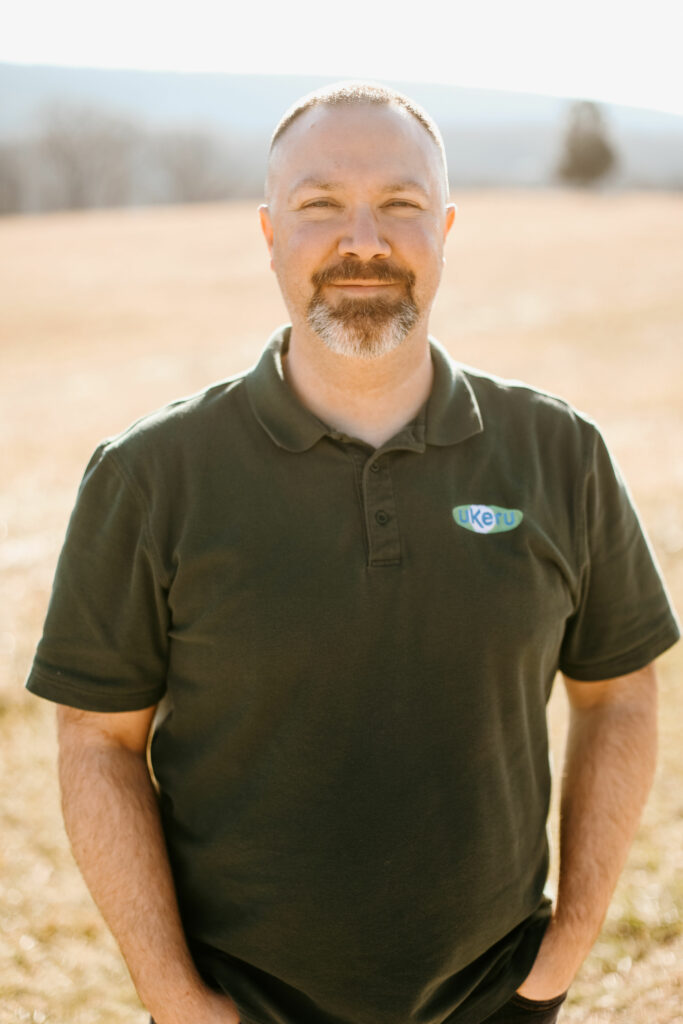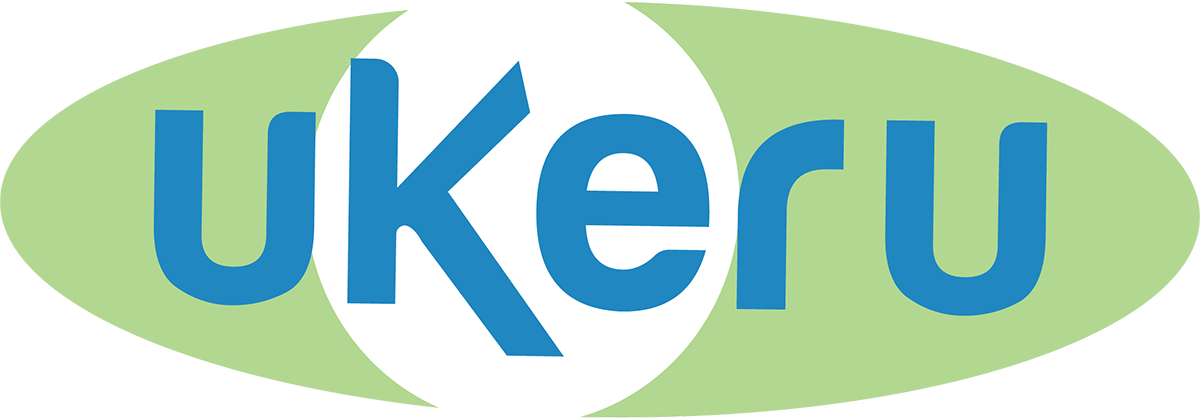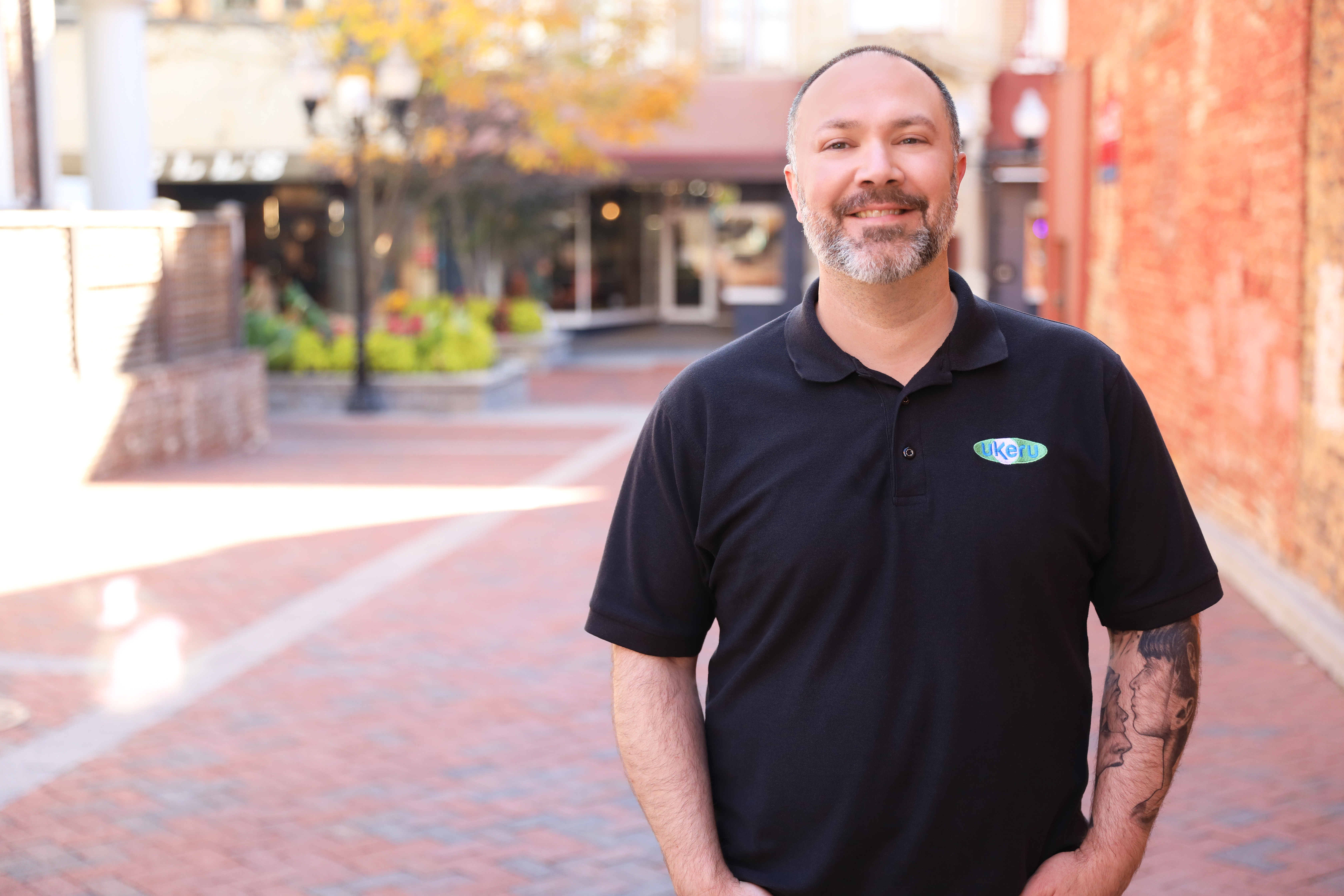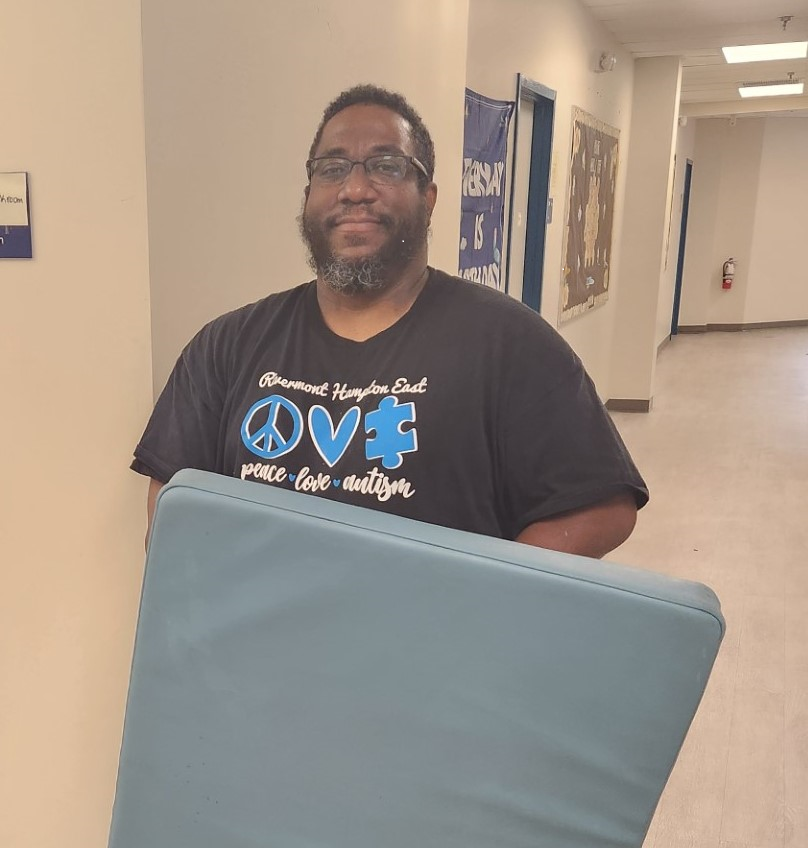
By Christopher Feltner, Ukeru Training and Performance Architect
Half a lifetime ago, I studied human communication at James Madison University. I learned many things I still use in everyday life. One concept that was introduced to me was “Self-Fulfilling Prophecy.” According to this concept, if I have a false belief about someone or a group, then I’m likely to act towards them in a way that influences them to act in a way that fulfills this false belief. Easy enough concept to understand, right? Two decades later, I find myself training this same concept during Ukeru in a simplified way: Your mindset becomes your approach. Such an easy thing to say but even easier to get wrong!
This concept applies directly to the work we do at Ukeru every day. Before I go further, I need to make clear that none of what I’m about to write is easy. We are all human and fallible. The best of us can fall prey to the pressures and stressors of life outside of work much less being coupled with the challenges of our work. In the end, my hope is that we can take a moment to evaluate ourselves to make sure our thinking is properly (re)calibrated for the betterment of all involved.
If you are someone who works directly in providing services/learning to individuals, ask yourself, “Who are these students/residents/clients I work with?” This is the most important question that we can ask ourselves as it dictates everything else. If I see those I work with as individuals struggling with negative behavior, learning, impulse-control, etc, then I’m going to (sub)consciously allow a certain amount of grace, empathy and forgiveness. If I see those I serve as “bad,” “undisciplined” or “delinquent,” I’m more likely to take a harder, more controlling and less forgiving stance when working with folks.
How I see those I serve will naturally affect who I become while working with them. So, if how I view those I serve influences who I am when working with them, then I need to make sure that my beliefs are compatible with the school/organization/facility I work for. If the goal is treatment and learning, then I need to make sure my perception of who I serve matches this.
If I work in a school or treatment-based setting, then my mindset should be that the children or adults that I work with need help (un)learning new skills (behavioral or otherwise). Taking a controlling, compliance-based approach is not going to “teach.” Focusing on patience, kindness and learning paves the way to treatment. Focusing on control, compliance and punishment will only illuminate the path to MIStreatment. May we all choose the right path!




